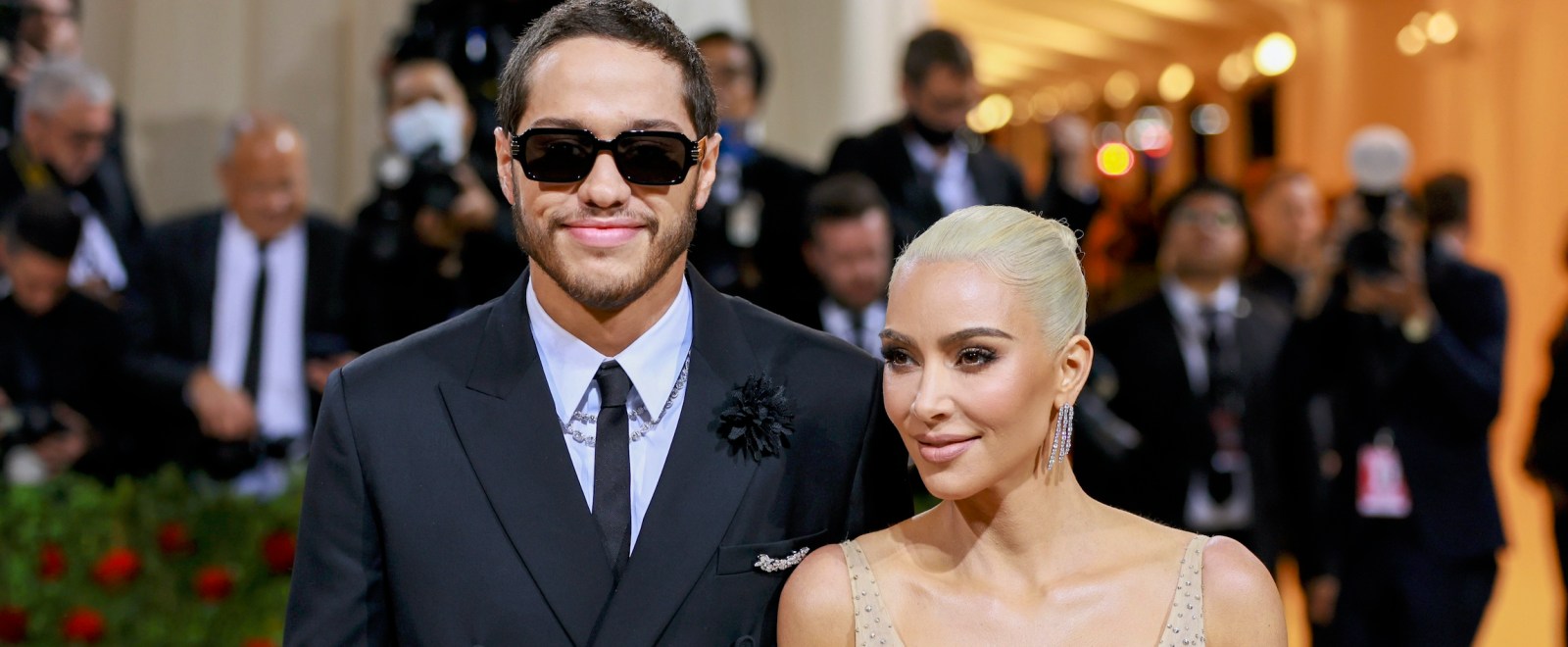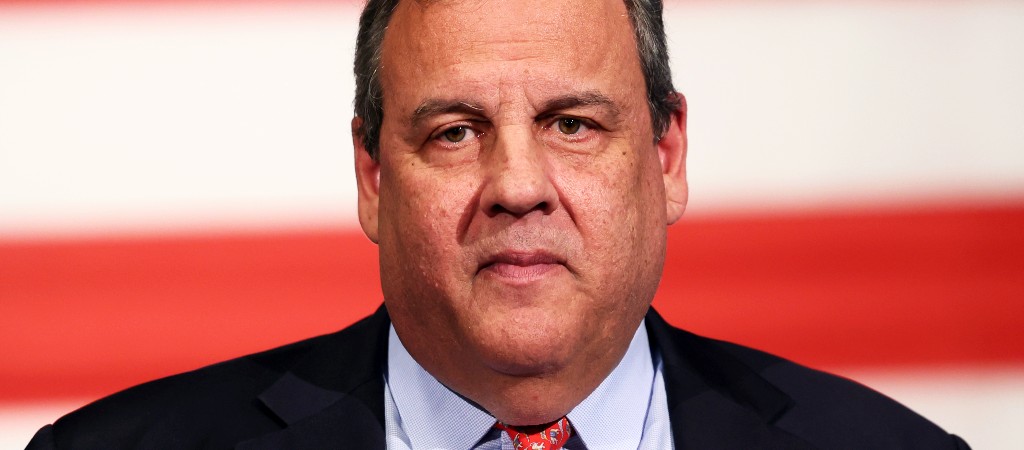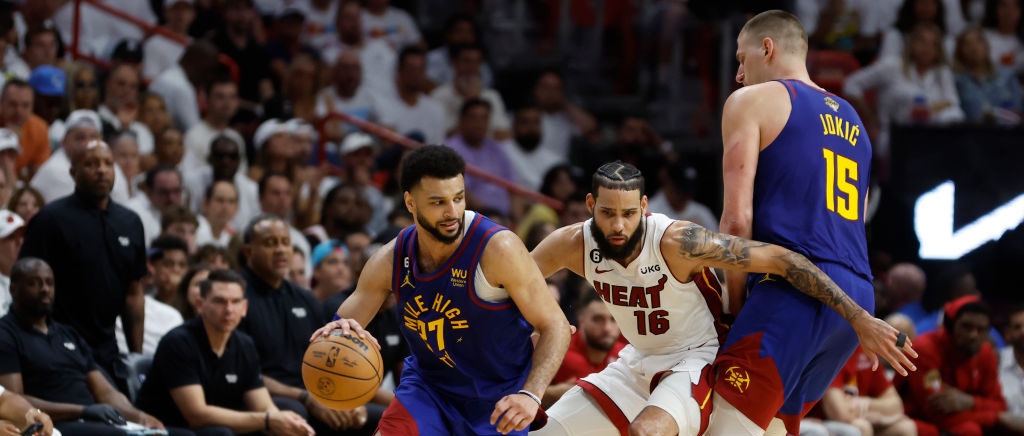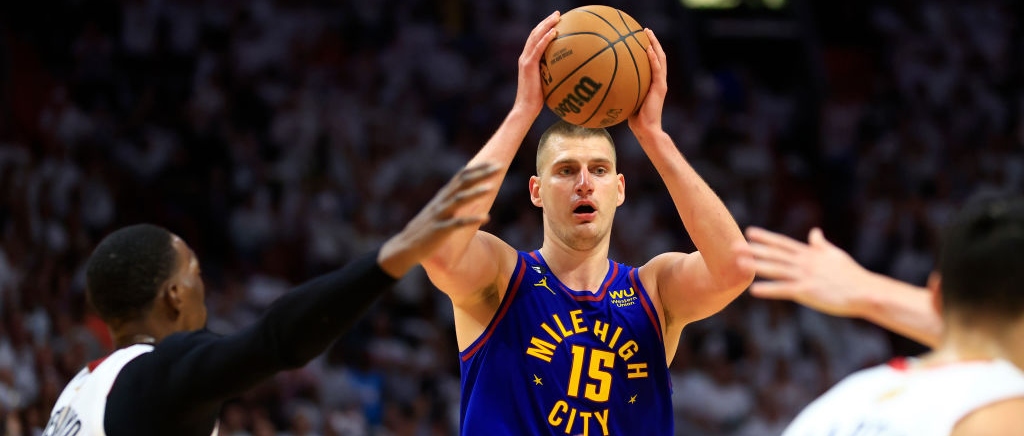After seeing a fourth quarter lead evaporate in Game 2, the Denver Nuggets arrived in Miami for Game 3 of the NBA Finals looking to reclaim homecourt advantage from the Heat.
However, after Nikola Jokic carried the scoring load in that game with little help, he got the support he needed from his co-star Jamal Murray in Game 3. Murray had 20 of his 34 points in the first half, as he came out on a mission to quickly erase the memory of a tough shooting night, going to work in the two-man game with Jokic (who had a first half double-double).
The second half was quieter from Murray (until the late fourth as he helped Denver ice the win), but Jokic took the mantle as he went to work early and often, piling up stats, quieting the conversation about whether Miami had figured something out by trying to turn him into a scorer. He attacked one-on-one matchups, bullying Miami’s smaller defenders in the paint, while feeding teammates in the dribble-handoff game and when doubles came his way. The result was the first 30-20-10 game in NBA Finals history (his third of the postseason, with there being two others total in NBA Playoff history) and a 109-94 Denver Nuggets win.
Jokic (32 points, 21 rebounds, 10 assists) and Murray (34 points, 10 rebounds, 10 assists) each notched triple doubles, making NBA history as the first pair of teammates to do that in any game, playoffs or regular season.
While they were spectacular they didn’t have to do it completely alone on Wednesday as they got help from an unlikely source. With Michael Porter Jr. and Kentavious Caldwell-Pope still struggling to hit shots (8 points on a combined 2-of-11 shooting), Christian Braun came off the bench and scored 15 on 7-of-8 shooting, most of which came in the late third and early fourth quarter to help the Nuggets push their lead out to 21.
Along with Braun’s energy boost off the bench on both ends, Aaron Gordon continued to give the Nuggets good minutes with 11 points, 10 rebounds, and five assists, doing a bit of everything. Denver still hasn’t found it’s three-point shooting touch, knocking down just 5-of-18 from deep in Game 3, but their dominance inside and ability to push the tempo in Game 3 was the difference. The Heat did make things interesting late, cutting the lead to as few as nine, but could never make the full push to really try and rattle Denver.
The biggest issue for Miami was going cold from three, hitting just 11-of-35 from deep, and while Jimmy Butler and Bam Adebayo (50 points combined) were more aggressive early attacking the rim, they were not particularly efficient (18-of-45 shooting as a duo). Denver’s defense did much better in the second half of limiting the breakdowns in communication, which kept Miami from getting as many wide open threes, and even when they did get those looks, the Heat struggled to knock them down. That allowed Denver to run off Miami misses, which kept the Heat out of their zone and gave Murray and Jokic the chance to go to work in the two-man game, picking apart the Heat with it.
Heading into Game 4, the biggest thing for the Heat will once again be knocking down shots both inside the paint and from beyond the three-point line. They cannot shoot 37 percent from the field and have a chance against this Nuggets team, especially because their misses are what fuels the Denver offense when they can get out and run (particularly since Miami isn’t giving Denver the turnovers they need to do that otherwise). For the Nuggets, when they stay connected and communicate defensively they’re able to frustrate the Heat, but that has to stay a point of emphasis as they did get lost at points on screening action, still having some trouble communicating switches and coverages. Offensively, they’ll hope that at some point Porter Jr. and Caldwell-Pope wake up and join the series, because if they do then it’s hard to see how Miami can slow them down.








 (@JanelleMonae)
(@JanelleMonae) 




